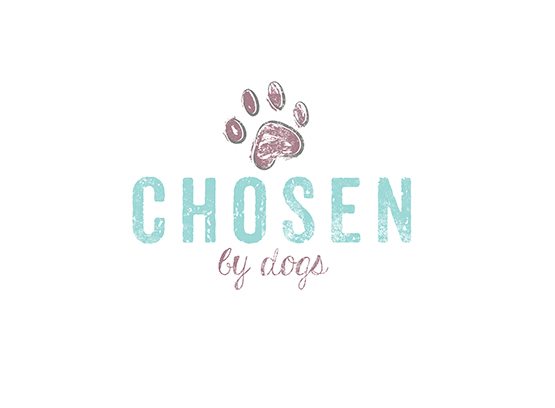Obsessive Behaviour in Dogs
Some dogs may develop some obsessive-compulsive elements to their behaviour when placed under either environmental or situational stress.
Environmental stress builds over time and it can be difficult, as with any gradual development, to spot early on. Situational OCD is a programmed or learned reaction to a particular sight or event.
The behaviour can sometimes be linked to general dog types as opposed to specific breeds. For example, a long-haired dog may excessively groom itself, while breeds designed to herd may collect things from around the home and put them in one place before protecting them.
Obsessive behaviour is identified when a dog is compelled to follow a pattern of activity and cannot rest until it considers that the activity has achieved a desirable result. Just as humans with OCD might check and recheck that doors and windows are locked before leaving home, or repeatedly hand wash after every contact with something unfamiliar, dogs cannot avoid the activity that they find comforting.
The activity is, of course, only a symptom arising from a deeper-seated problem and the difficulty for owners is to identify the cause of that problem and address it.
In some instances canine OCD is the result of a change in the dynamics of the home, such as guests visiting or a new baby. When the guests leave or as the dog becomes more accustomed to a new regime the behaviour may stop.
Another obsessive behaviour to be aware of is one which causes ‘lick granuloma’, in which a dog excessively licks the lower part of a leg to the point that the fur is worn away, the skin becomes irritated and will, if left untreated, ulcerate.
Once again this behaviour may be caused by anxiety, but sometimes it can manifest because a dog is simply bored and lacks distractions. It’s clear that the latter situation can be addressed by exercising your dog sufficiently and ensuring that part of the exercise provides mental stimulus. If the licking persists the most likely cause is anxiety, which is more difficult to deal with.
You may wish to take professional advice about what there is in your environment or lifestyle that causes the anxiety.


